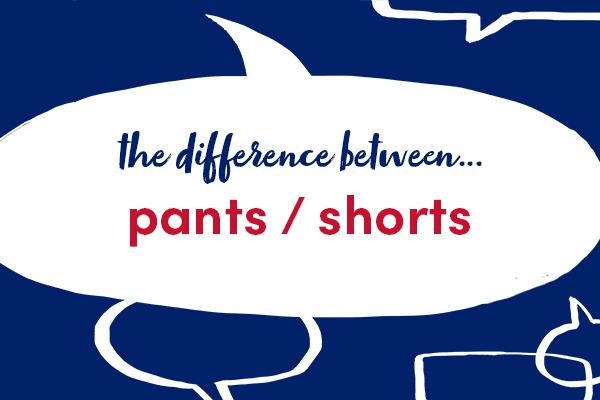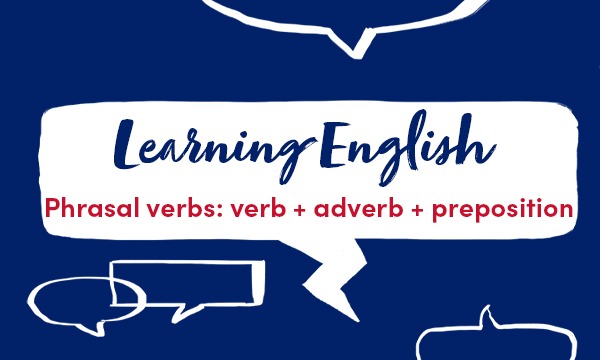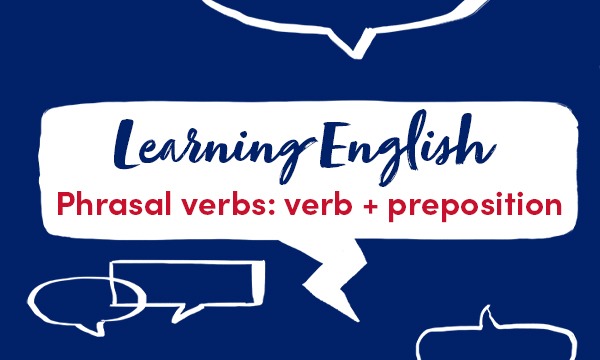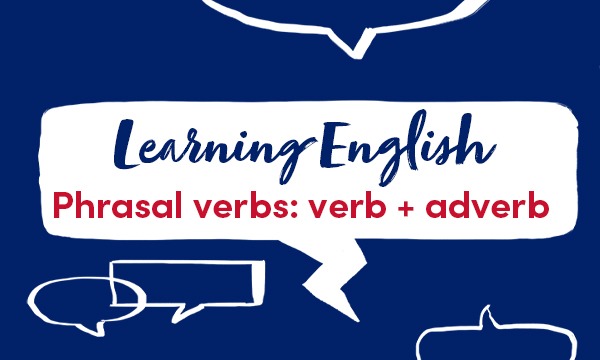This week we are looking at some words that are used differently in British and American English: pants and shorts.
pants
function playAudio(url) { new Audio(url).play(); }
In British English, pants are a piece of clothing that people wear as underwear under their other clothes. Pants have two holes to put your legs through and elastic round the waist or hips to keep them up.
You should always pack spare pants.
Pants designed for men are sometimes referred to as underpants in both British and American English. Pants designed for women are sometimes referred to as knickers in British English and panties in American English.
In American English, the word pants is used to refer to trousers.
He wore brown corduroy pants and a white cotton shirt.
shorts
function playAudio(url) { new Audio(url).play(); }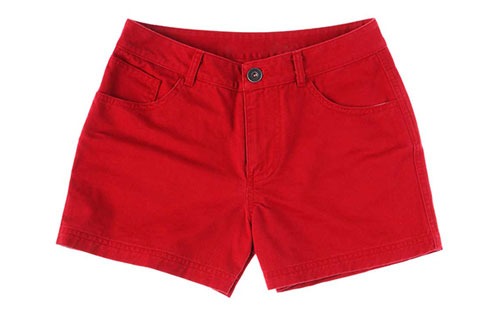
In both British and American English, shorts are trousers with very short legs that people wear in hot weather or for taking part in sports.
I usually wear shorts and a T-shirt when I play tennis.
Both pants and shorts are plural nouns. You use a plural form of a verb with them.
These pants have a pretty lace trim.
His grey shorts were far too big.
You can also talk about ‘a pair of pants’ or ‘a pair of shorts’. You use a singular form of a verb with these expressions.
Why is this pair of pants on the floor?
Find out more in our English Usage article.
This blogpost is based on Collins COBUILD English Usage, written for learners of English. For more examples of English usage points, please visit: https://grammar.collinsdictionary.com/english-usage.
All opinions expressed on this blog are those of the individual writers, and do not necessarily reflect the opinions or policies of Collins, or its parent company, HarperCollins.
